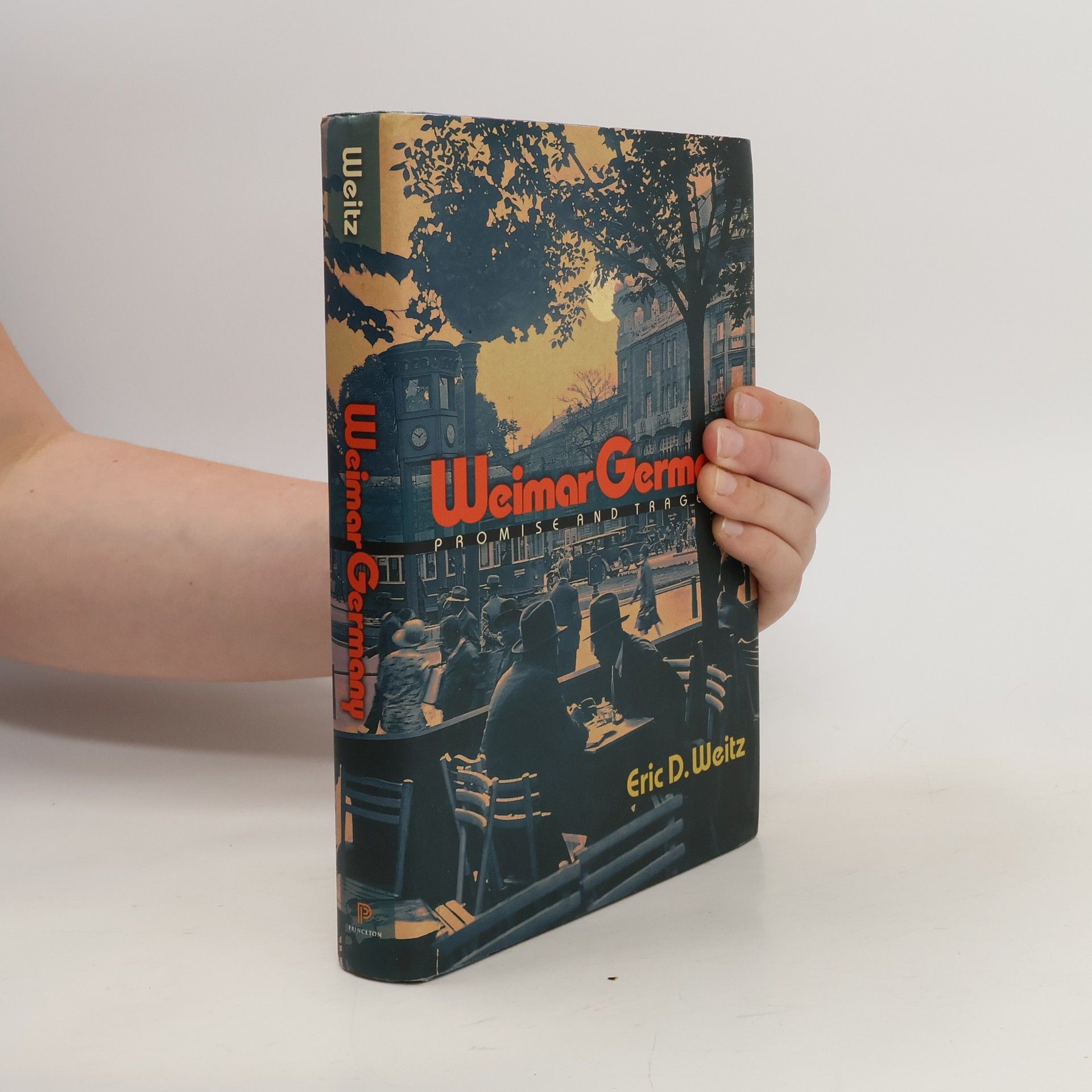A global history of human rights in a world of nations that grant rights to some while denying them to others Once dominated by vast empires, the world is now divided into some 200 independent countries that proclaim human rights—a transformation that suggests that nations and human rights inevitably develop together. But the reality is far more problematic, as Eric Weitz shows in this compelling global history of the fate of human rights in a world of nation-states. Through vivid histories from virtually every continent, A World Divided describes how, since the eighteenth century, nationalists have established states that grant human rights to some people while excluding others, setting the stage for many of today’s problems, from the refugee crisis to right-wing nationalism. Only the advance of international human rights will move us beyond a world divided between those who have rights and those who don't.
Eric D. Weitz Bücher
Dieser Autor konzentriert sich auf Geschichte und Sozialwissenschaften, wobei sich seine Arbeit oft mit komplexen gesellschaftlichen Umwälzungen und dem menschlichen Schicksal im Laufe der Geschichte befasst.


'Weimar Germany' explores the great political and cultural innovations in Germany after World War I. Germans forged democratic institutions and the country's great talents developed new forms of expression that reflected modern, mass society.